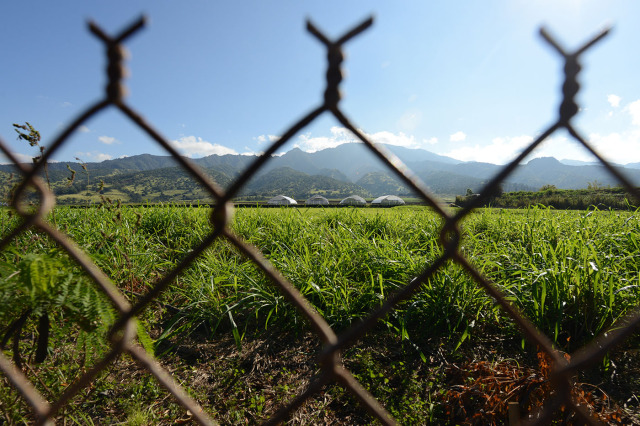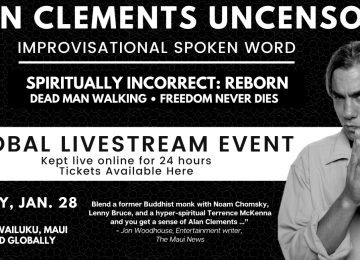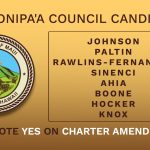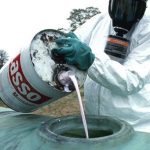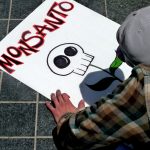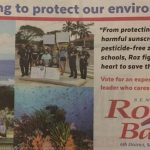Maui’s Senator Roz Baker was instrumental in deleting important mandatory pesticide disclosure and notification sections from the SB 3095 bill. The original bill was opposed by Monsanto, Alexander & Baldwin Co., and the Hawaii Crop Improvement Association.
“It was Roz Baker who gutted the bill,” reports Autumn Ness, who is on the Hawai’i Center for Food Safety’s Advisory Board. “The bill originally had mandatory notification pre-application, mandatory disclosure to know where and when and what they sprayed, and a buffer zone pilot project. The pilot project was increased (from 5 to 10 schools), but they took out notification and disclosure. The meat of the bill was notification and disclosure. All we want is good data.”
“During the decision making when they said they were going to pass the bill with amendments, Senator Ruderman is the only one who spoke up and said, this is crazy. I can’t believe we’re passing this without notification and disclosure.
“Senator Baker then said, we only deleted redundant parts of the bill (notification and disclosure) because they are already mandated, which is a lie.
“Roz Baker continues to deflect and say we don’t need disclosure laws because the Good Neighbor Program exists.”
Promoted on Kaua’i by the Hawai’i Department of Agriculture the Good Neighbor Program is a voluntary program for companies to report pesticide spraying. Last year the program was expanded statewide.
“Good Neighbor is voluntary and lacking information we need about specifics,” Ness notes. “It’s not mandatory, and only a few companies participate in it.” The data does not include spray location and it is not verified by any independent party which leads to uncertainty as to the validity of reporting.
Testifying about the bill Mike Moran with the Kihei Community Association pointed out: “Our South Maui Community has serious concerns about the sprayed pesticides drifting. In Kihei residents are voicing concern for the welfare of our local families with kids being exposed to the pesticide sprayed drift. We testified in person in support on Feb. 12, but learned while the bill passed onto you, it originally asked very little; a pilot project for only five schools statewide, and just a single school on our island, but in spite of that, we observe it was drastically weakened when modified. The most important segment is to require a warning of harmful pesticide spraying in an area! Now this has been removed.”
Even in its amended form the Hawai’i Department of Agriculture tried to deflect attention away from pesticide use by agrochemical companies and blame residential use, suggesting in testimony that: “The Department would like to note that pesticide odor complaints and concerns reported by schools have been attributed to residential use.”
University of Hawai’i officials also adopted a similar line. Nicholas Comerford, the Dean of UH’s College of Tropical Agriculture and Human Resources testified: “Why does this bill not address the pesticides/harmful chemicals used inside the home. Potential exposure to harmful chemicals far exceeds the exposure that one might expect from an agricultural pesticide application made by a certified professional.”
In response the Sierra Club of Hawai’i implored: “We cannot wait for agrochemical companies to volunteer annual reporting, we must require mitigation and regulate their adverse effects on surrounding communities.”
The Western Plant Health Association (WPHA), which represents fertilizer manufacturers and agricultural biotechnology providers, also opposed even the amended bill. “To date, WPHA is unaware of any demonstrated need for a vegetative buffer program. There have been no drift incidences on schools that we are aware of in the last decade.”
That is surprising news to folks living in Waimea on Kauai who have reported pesticide spray problems. “Your eyes and lungs hurt, you feel dizzy and nauseous. It’s awful,” middle school special education teacher Howard Hurst reported in The Guardian in 2015.
At Waimea Middle School air sampling has consistently detected the toxic Restricted Use Pesticide Chlorpyrifos.
The severely amended bill passed its first reading in the House yesterday.


